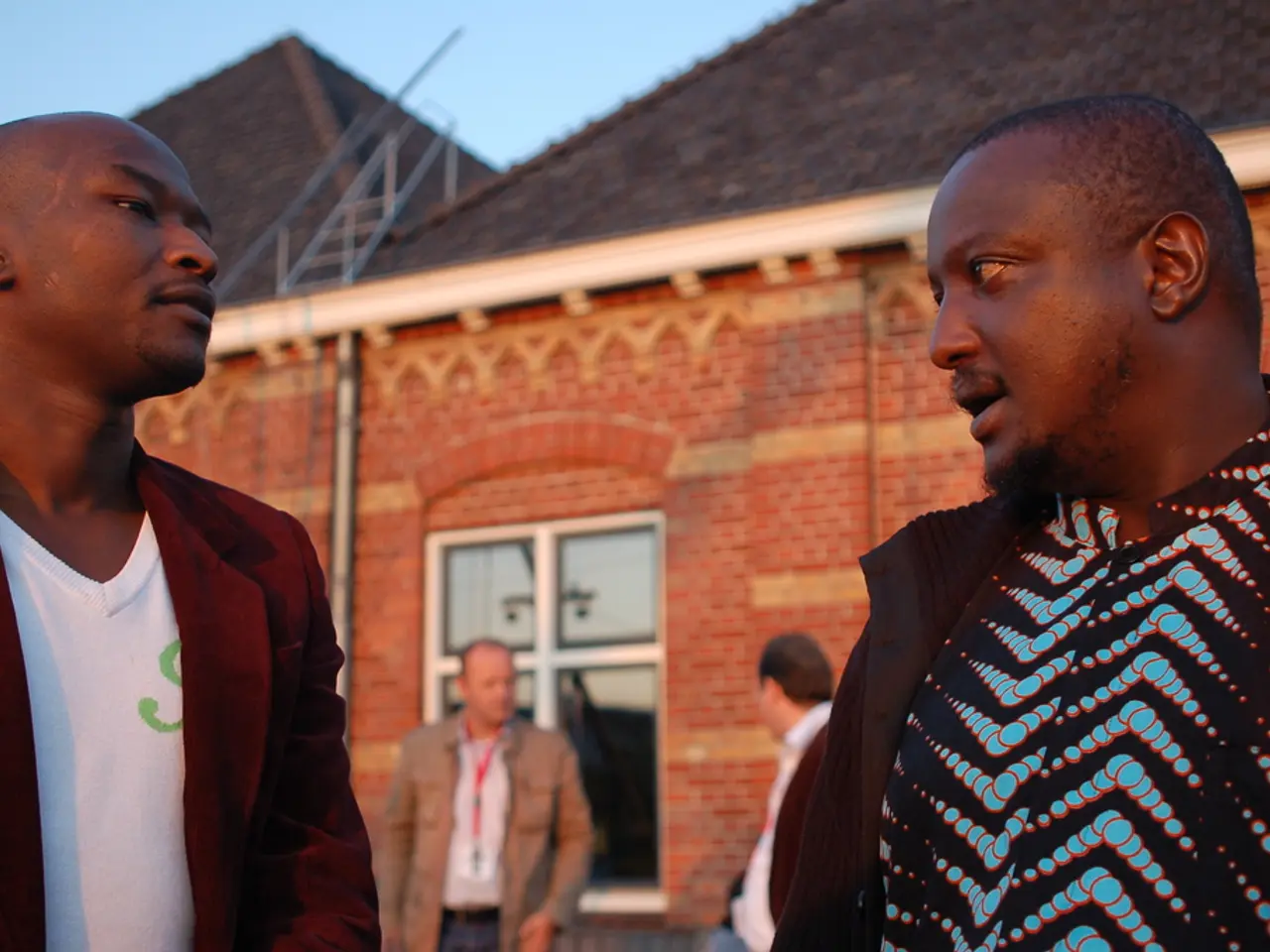State's Negligence Criticized by Higher Court over Victims of Sexual Assault
Kenya's Government Failed to Protect Victims of SGBV During 2007/08 Post-Election Chaos, Court of Appeal Rules
In a landmark ruling, the Court of Appeal in Kenya has found that the government failed to uphold its obligations to protect and provide remedies to victims of sexual and gender-based violence (SGBV) during the 2007/08 post-election chaos. The court explicitly faulted the State for ignoring victims, failing to classify SGBV crimes during the unrest as crimes against humanity, and neglecting to establish independent, effective investigations and prosecutions of these crimes.
The ruling, headed by Justice Daniel Musinga, emphasizes that the State’s duties to protect citizens and provide reparations continue even during periods of civil unrest. The judges criticized the government for its failure to acknowledge and publicly apologize to victims of the chaos who experienced SGBV.
The court's findings also highlighted that the State cannot evade responsibility during election-related violence and must protect citizens and victims. The failure to label and prosecute SGBV as crimes against humanity was deemed a violation of Kenya’s legal and international obligations. The government’s omission constitutes liability for acts or omissions, including failure to investigate and prosecute perpetrators.
In a significant development, the Kenyan government, following a protracted 13-year legal battle, paid compensation to some survivors for the first time in 2025, acknowledging the state’s accountability. However, only four survivors out of eight received this reparation, and many still seek full justice and accountability.
Justice Weldon Korir ruled that the government failed its citizens by not taking measures to protect them during the chaos that resulted in violations of victims' rights and injuries to their bodies. The court also found that the government was liable for the psychological torture occasioned by the violence.
The Court of Appeal has noted that the State obligations to the citizenry are not suspended during periods of civil unrest or conflicts. The judges have reaffirmed that the State cannot run away from its obligations, which include protection and reparation, during these challenging times.
Kenya is a signatory of the Rome Statute and is required to investigate and prosecute crimes against humanity, including rape, torture, persecution, sexual violence, and other inhumane acts. The court's rulings establish that the government has a continuing, non-derogable obligation to protect, investigate, prosecute, and compensate victims of SGBV arising from the post-election violence.
- The Court of Appeal in Kenya's ruling emphasized that, even during periods of civil unrest such as the 2007/08 post-election chaos, the government has a continuing obligation to protect citizens' rights, including those of victims of sexual and gender-based violence, and provide reparations.
- The Kenyan government's failure to classify sexual and gender-based violence (SGBV) crimes during the 2007/08 post-election chaos as crimes against humanity was deemed a violation of Kenya’s legal and international obligations.
- In addition to protecting citizens and providing reparations during periods of general-news-worthy events like civil unrest, the government is responsible for investigating and prosecuting SGBV crimes, including those related to health-and-wellness, sexual-health, and mental-health, as signatory of the Rome Statute.




